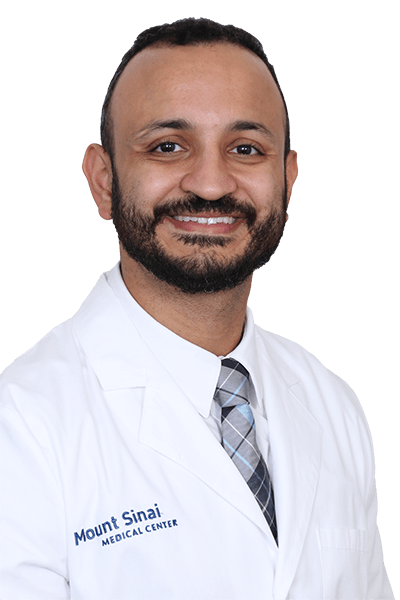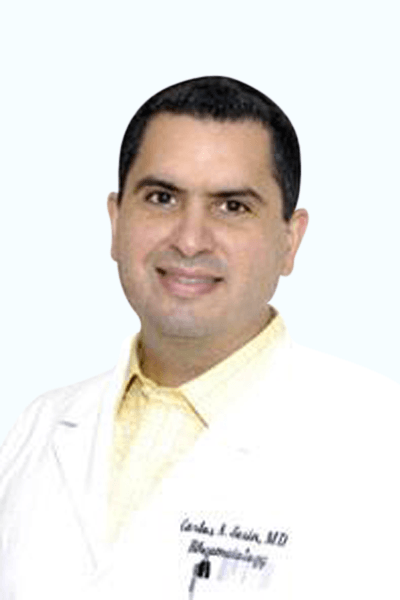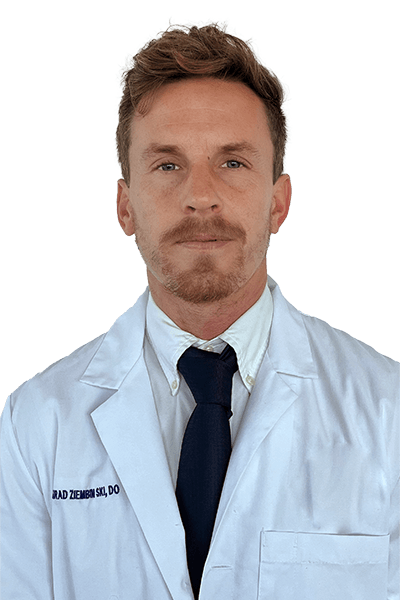Rheumatology
Nearly 70 million people in the United States suffer from some form of arthritis, chronic joint symptoms or other rheumatic diseases. Arthritis literally means inflammation of the joints, but the term is used to describe more than 100 rheumatic diseases and conditions that affect joints, the tissues that surround the joint and other connective tissue. The pattern, severity and location of symptoms can vary depending on the specific form of the disease. Typically, rheumatic conditions are characterized by pain and stiffness in and around one or more joints. The symptoms can develop gradually or suddenly. Certain rheumatic conditions can also involve the immune system and various internal organs of the body.
While there is no cure for rheumatic disease, Mount Sinai’s Arthritis and Rheumatology Department is committed to helping rheumatology patients find relief and understand how to live with their disease. Each treatment plan is specifically tailored to the patient’s type of rheumatic disease, as well as the severity of their condition. Treatment is designed to control pain, minimize joint damage and improve function and quality of life. Treatment options include medication, surgery and non-pharmacologic therapies (including physical or occupational therapy, splints or joint-assistive aids, patient education and support, and weight loss).
Our Physicians
- Mount Sinai Medical Center (Main Campus)
- 305.674.2700
Luis A Arias Urdaneta, MD
- Rheumatology
- Mount Sinai Medical Center (Main Campus)
- 305.674.2121
Ricardo J Garcia Alemany, MD
- Rheumatology
- Mount Sinai Medical Center (Main Campus)
- 786.620.2361
- Hialeah
- 305.558.8700
Carlos A Sesin, MD
- Rheumatology
- Mount Sinai Medical Center (Main Campus)
- 305.674.2121
Conrad Ziembinski, DO
- Rheumatology
- Miami Beach
- 305.363.5761






